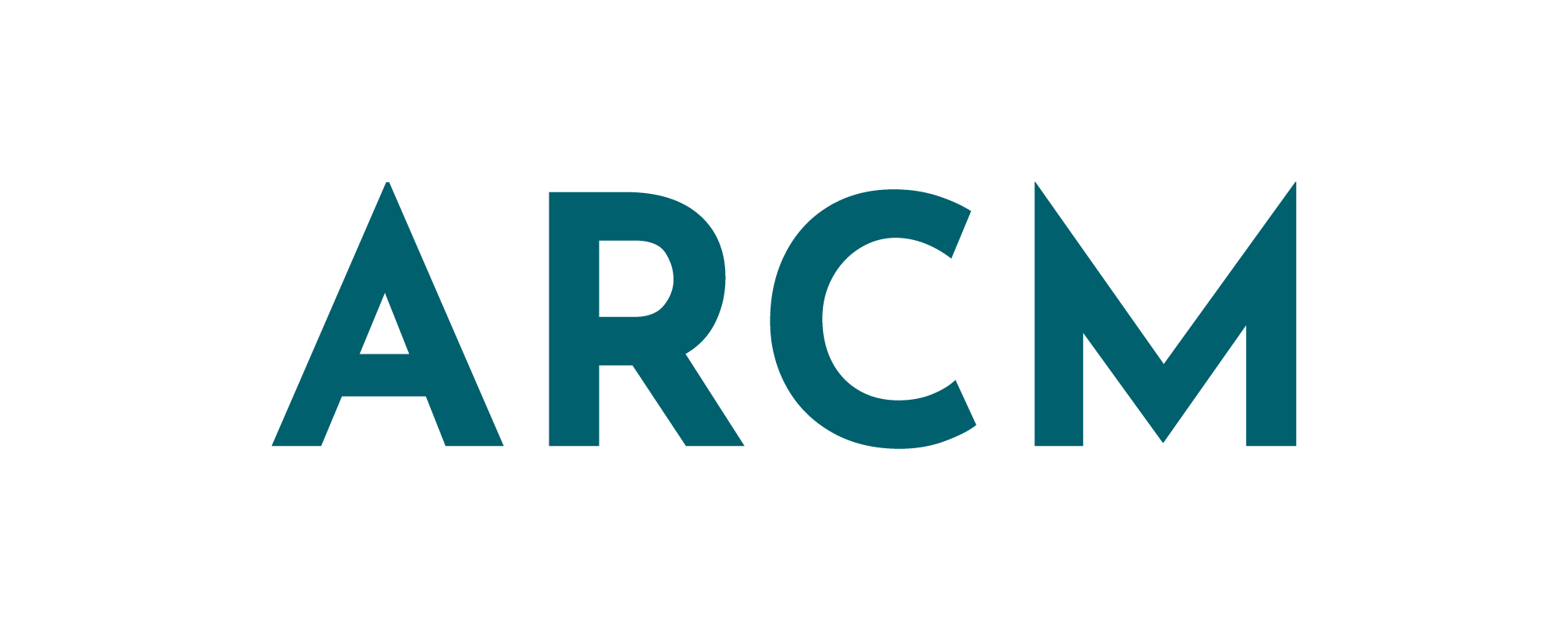In this new series, I’ll be taking you through the essentials of what it takes to write a good blog. Everything from tone and length through to using your blog to increase inbound leads and sales. But first, how do you even choose what to write about?
Why does the topic I write about matter?
Honestly, it matters because you need to be sure you’re attracting to right people to your website and services. And a relevant topic can help boost your SEO. It’s all too common for companies without a marketing department or marketing budget to go for a “throw shit at a wall and see what sticks” type approach.
But that isn’t going to help anyone.
This may well be the same company that insists that marketing isn’t worth the time or the budget. Because so far, they don’t know any better.
So whether you are a one-person marketing team in a company that doesn’t really get it, are starting up your own business venture, or just want to learn a bit more about blogging basics, stick around. I’m here to help.
How do I know what to write about in my blogs?

Is this not the dream workspace?
It all needs to start with your audience. Ideally, you’ll already have detailed buyer personas; a solid idea of who will buy your product/service as well as who is involved in influencing that decision.
If you haven’t got that far yet, don’t panic.
You can get your marketing in the right direction by asking yourself the following questions:
- What is my target sector(s)?
- Who is my target audience?
- What problem(s) does my product/service solve for them?
- What words do people use to describe these problems?
- How do they look up the answers online?
Let’s have a closer look at each of them.
1. What is my target sector(s)?
If you function as a B2B business, it’s important to have a particular target sector or sectors in mind. Whether you’re offering services, products, or both, the first question you need to ask is who is this for. What kind of businesses or sectors am I helping? Who do I need to reach?
Whether you provide compliance training for construction workers or branding services for women in business, you’ll need to tailor your content to your audience. Answering this question is a vital part of starting a business, so you should already have the answer.
2. Who is my target audience?

Speak to your ideal audience. No one else matters.
With your sector sorted, it’s time to start looking more specifically at the people. This question is closely related to buyer personas; the concept of a hypothetical person(s) who is your ideal customer.
Your target audience should be split into a minimum of two groups. Who will find my product (and content) useful? And who is likely to spend money on my product or service?
These may not be the same person. Especially if you’re working in B2B, the people who use products and services are rarely those who hold the purse strings. Unless, of course, you’re working with very small businesses.
If you’re looking for your target audience, try listing these things about them:
- Age range
- Gender
- Country of residence
- Job title
- Day-to-day job/responsibilities
- Biggest pain point
- Interests
- Beliefs/principles
So for example, one section of my target audience looks like:
- Age range: 25 – 45
- Gender: any
- Country of residence: UK
- Job title: Founder/CEO of small business or startup
- Day to day job/responsibilities: Everything. Ideally with time to work on marketing strategy but likely not
- Biggest pain point: too busy to even think about marketing let alone plan it themselves. Knows marketing is important for the long term but doesn’t know where to start.
- Interests: networking, ethical companies, inclusion, eco-friendly/environmental protection, marketing, writing, branding, live music, reading, psychology
- Beliefs/principles: ethically focused, neurodivergent-friendly, pro-LGBTQ+ rights, pay their permanent/full-time staff a decent wage, believe in the importance of mental health
This is one of my three key target demographics. So I create the content that I think will help them.
Ok, biggest section over. Time for the next question
3. What problem(s) does my service or product solve?

This was a search result for small business. I’m not sure what kind of business this is but would like to work there. Surrounded by plants. Always.
The problems that you can solve will vary hugely depending on your sector and your target audience. And ideally, you won’t just be solving one problem. For a product or service to be really beneficial, you should be solving multiple.
To continue on from the example above, a few of the problems I aim to solve for small business owners and startup founders are:
- Needs to improve SEO and get seen on Google
- Don’t know where to start with marketing
- Understands sales but doesn’t understand marketing
- No time to do any writing
- No time to plan the marketing
Some folks just don’t give a fuck about marketing and want someone else to do it. And I’m ok with that too. Marketing isn’t everyone’s cup of tea and that’s cool. I love it and that’s why I do it.
So does your photography help to improve the reputation of your clients?
Does your training help them meet regulatory standards?
Does your coaching help people fight off imposters syndrome?
Do your therapies help people become more in tune with themselves?
4. What words do people use to describe these problems?

Sometimes, all you need to do is have a coffee, a chat, and an impractically long houseplant on the table next to you.
If you’re targeting a specific sector, aiming to solve a specific problem, ideally you’ve spoken to some people who are facing that problem.
Whether you’ve used surveys, spoken to people in person, or just followed a bunch of your target audience online, what are they complaining about and what words do they use to do it?
(Also, I highly recommend Reddit. It’s a great place to find wild stories and complaints people have about their jobs)
Something I’ve really learned over the years is that sales, marketing, and customers can all end up using completely different language to describe the same issue.
Are you speaking the same language?
Where a customer may call it their training system, marketing may call it an LMS, and sales may call it an “all-in-one learning solution”.
See what I mean? No one here is on the same page.
In order to be found by your potential customers, you need to use words and phrases they use. Don’t title your blogs and cover topics like an expert. Speak the language of your customers.
I easily could have called this blog “5 ways to identify your buyer personas for better SEO and blog reach” but one, that’s boring as fuck, and two, my target audience won’t be looking for that.
Clients and prospects don’t ask me how to identify buyer personas. They ask me how to come up with ideas, how to know what to write about.
What should I write about? So, that’s the title.
5. How do people look for answers online?

Google in one hand, laptop in the other.
This is where keyword research can come into play. And yes, it may seem daunting, but it’s well worth the time investment. That said, if you’re here, chances are you don’t have the time.
So here’s a quick workaround that can help you create targeted content without losing weeks of your life to spreadsheets and Semrush.
Relevant previous blog | Beginner’s guide to SEO content: keyword research tools and tips
Use the following tools (most have free access to an extent) to understand what people are searching for online relating to your service/product:
- Answer the Public
- Also Asked
- People Also Ask (you catching a theme here?)
- Google related searches (at the bottom of page 1)
Chances are, they’ll come up with wording you haven’t thought of. And targeting this is a great way to get your content seen and get your name out there as a reliable person or company to solve the issue your client was having.
Hope this helps! And best of luck on your blogging journey.

